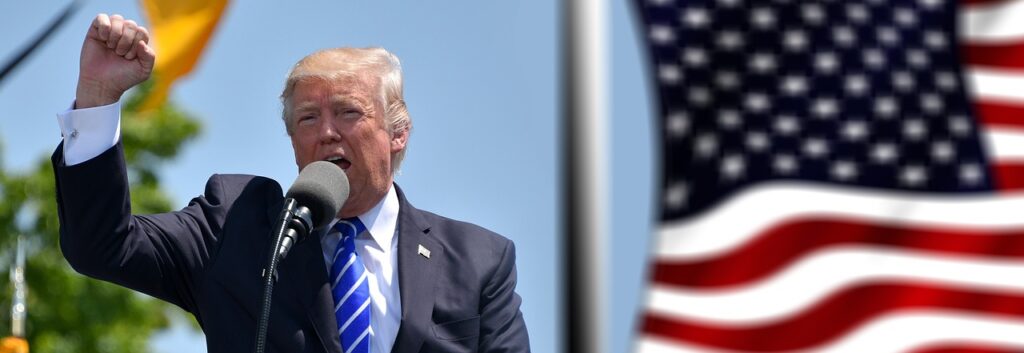- Politics
- US Foreign Policy South Asia
- By Manohar Patil
Donald Trump's Approach to India-Pakistan Relations
President Donald Trump’s tenure brought a distinct approach to global diplomacy, and his interactions with India and Pakistan were no exception. While navigating the complex geopolitical landscape of South Asia, Trump often emphasized a transactional foreign policy, seeking outcomes he perceived as beneficial to U.S. interests. His administration’s stance on the long-standing tensions between India and Pakistan was a subject of keen observation by international analysts.
Calls for De-escalation
Throughout his presidency, Trump frequently offered to mediate the Kashmir dispute between India and Pakistan. On several occasions, he publicly stated his willingness to play the role of a peacemaker, should both nations request his intervention. For instance, following the Pulwama attack in February 2019 and the subsequent escalation of tensions, Trump urged both countries to de-escalate, expressing concerns about the potential for further conflict in the nuclear-armed region. He held separate discussions with leaders from both nations, emphasizing the need for dialogue.
Bilateral Engagements
Trump maintained strong bilateral ties with both India and Pakistan, though his relationships with each country had distinct characteristics. With India, his administration prioritized strategic partnership, particularly in areas of trade and counter-terrorism. His visits to India were marked by large public gatherings and expressions of camaraderie with Prime Minister Narendra Modi.
Conversely, relations with Pakistan experienced periods of both cooperation and strain. While the U.S. sought Pakistan’s assistance in the Afghan peace process, there were also instances of aid suspension and direct criticism regarding counter-terrorism efforts. Trump often linked U.S. aid to Pakistan with tangible results in combating extremist groups.
A Focus on Regional Stability
Ultimately, Trump’s engagement with India and Pakistan aimed at fostering a degree of regional stability, albeit through his characteristic “America First” lens. His pronouncements, while at times unpredictable, consistently highlighted the importance of reducing tensions and preventing further escalation between the two nuclear powers. His legacy on this front is seen by some as a pragmatic attempt to manage a volatile situation, while others view it as a more opportunistic approach that lacked a deeper understanding of the historical complexities.
Share this Article
WhatsApp
LinkedIn
Telegram
Email
Get Daily Updates to Your Inbox
Subscribe to News Letter
Advertisement


